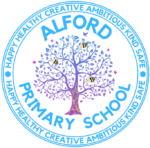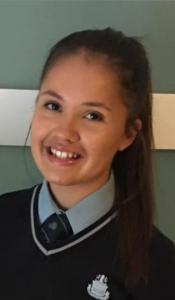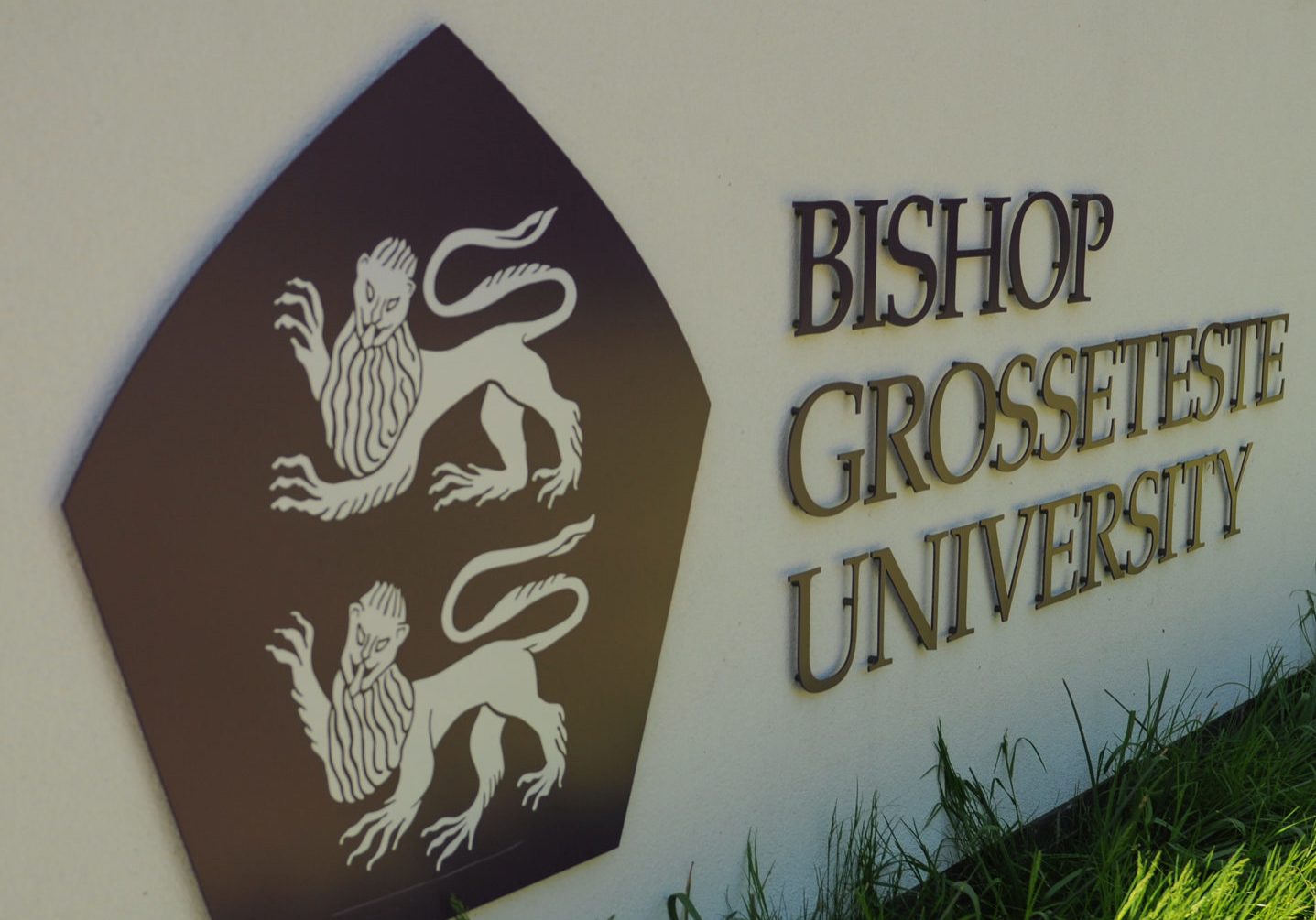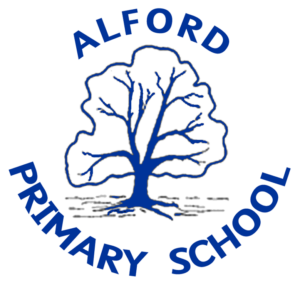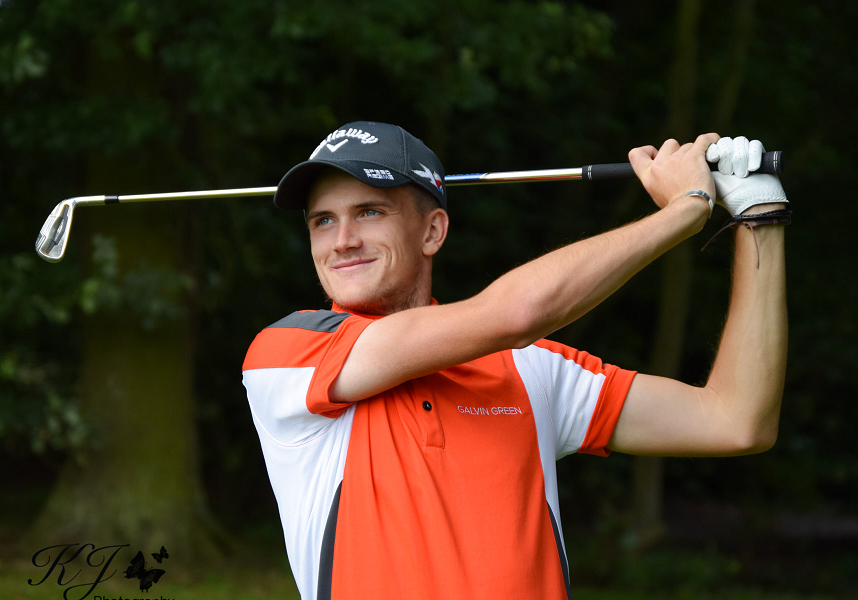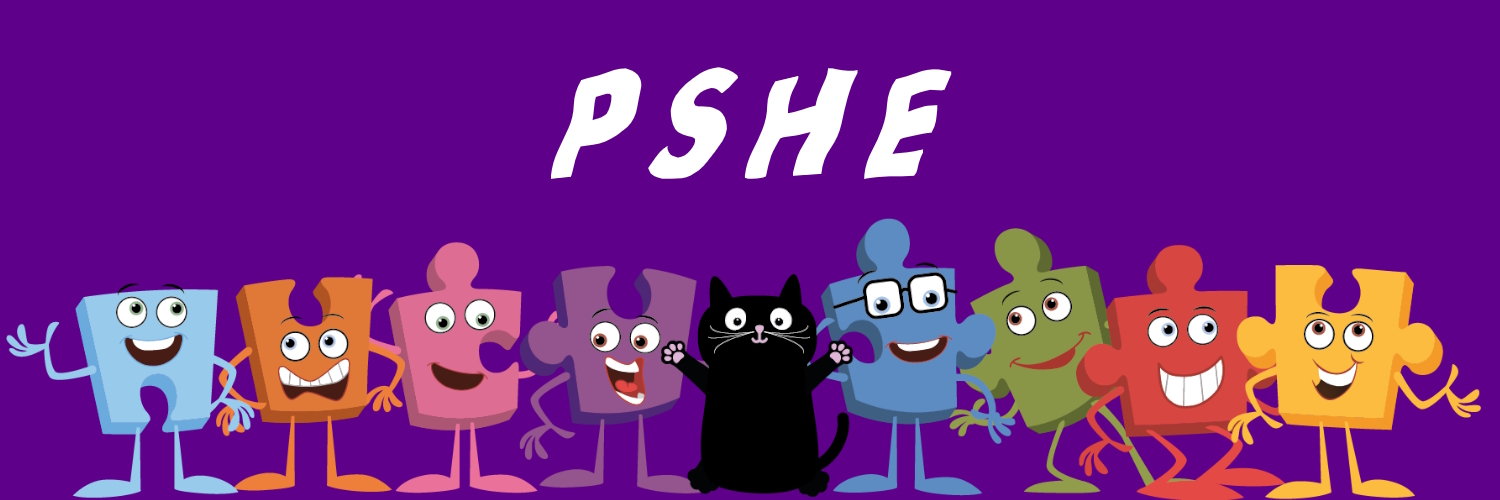
At Alford Primary School, we teach Personal, Social, Health Education as a whole-school approach to underpin children’s development as people and because we believe that this also supports their learning capacity.
We value PSHE as one way to support children’s development as human beings, to enable them to understand and respect who they are, to empower them with a voice and to equip them for life and learning.
We use two key resources that enhance the National Curriuclum;
- No Outsiders – By Andrew Moffat
- Jigsaw the Mindful approach to PSHE
What is No Outsiders?
No Outsiders promotes an inclusive education approach, promoting community cohesion to prepare young people and adults for life as global citizens. Focusing on diversity and the protected characteristics, teaching resources promote an ‘No Outsiders; Everyone different, Everyone welcome’ ethos. Each year group is introduced to a new book, each half term that leads age appropriate discussions to broaden understanding and knowledge.
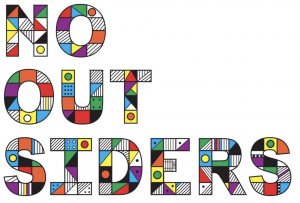
What is Jigsaw?
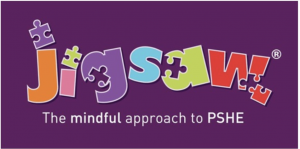

The Jigsaw programme is our chosen teaching and learning programme, ensuring comprehensive progression from EYFS through to Year 6. The programme is individually tailored for children’s needs and the context of our school, community and life in modern Britain today. This programme’s complimentary updates ensure we are always using the most up to date teaching materials and that our teachers are well-supported. The Jigsaw Programme offers us a comprehensive, carefully thought-through Scheme of Work which brings consistency and progression to our children’s learning in this vital curriculum area.
We include the statutory Relationships and Health Education within our whole-school PSHE Programme. Some aspects are also taught within our Science curriculum.
What is PSHE Education?
PSHE Education (Personal, Social, Health and Economic Education) is a planned program of learning through which children and young people acquire the knowledge, understanding and skills they need to successfully manage their lives – now and in the future.
As part of a whole-school approach, PSHE Education develops the qualities and attributes pupils need to thrive as individuals, family members and members of society.
What do schools have to teach in PSHE Education?
According to the National Curriculum, every school needs to have a broad and balanced curriculum that:
- promotes the spiritual, moral, social, cultural, mental and physical development of pupils at the school;
- prepares pupils at the school for the opportunities, responsibilities and experiences of later life;
- promotes British values.
From September 2020, primary schools in England also need to teach Relationships and Health Education as compulsory subjects and the Department for Education strongly recommends this should also include age-appropriate Sex Education. Schools also have statutory responsibilities to safeguard their pupils (Keeping Children Safe in Education, DfE, 2019) and to uphold the Equality Act (2010).
RSE
Our Relationship and Sex Education is provided within our Jigsaw scheme. Children are provided with age appropriate, progressive sessions so our children are prepared and ready for changes with their body, sex education and healthy relationships. An inclusive ethos is promoted, understanding that differences, such as those of sexual orientation, gender, religion or race, should be celebrated. More information can be found in our policy below. Online and offline risks are discussed, which is elaborated further in our E Safety policy.
What do we teach when and who teaches it?
Whole-school approach
Jigsaw covers all areas of PSHE for the primary phase including statutory Relationships and Health Education. The table below gives the learning theme of each of the six Puzzles (units) and these are taught across the school; the learning deepens and broadens every year.
| Term | Puzzle (Unit) | Content |
| Autumn 1 | Being Me in My World | Includes understanding my own identity and how I fit well in the class, school, and global community. Jigsaw Charter established. |
| Autumn 2 | Celebrating Difference | Includes anti-bullying (cyber and homophobic bullying included) and understanding how we are all different |
| Spring 1 | Dreams and Goals | Includes goal-setting, aspirations, who do I want to become and what would I like to do for work and to contribute to society |
| Spring 2 | Healthy Me | Includes drugs and alcohol education, self-esteem and confidence as well as healthy lifestyle choices, sleep, nutrition, rest and exercise |
| Summer 1 | Relationships | Includes understanding friendship, family and other relationships, conflict resolution and communication skills, bereavement and loss |
| Summer 2 | Changing Me | Includes Relationships and Sex Education in the context of coping positively with change |
Jigsaw is designed as a whole school approach, with all year groups working on the same theme (Puzzle) at the same time at their own level. There are six Puzzles (half-term units of work) and each year group is taught one lesson per week. All lessons are delivered in an age- and stage-appropriate way so that they meet children’s needs. Each Puzzle starts with an introductory assembly, generating a whole school focus for adults and children alike. There is also a Weekly Celebration that highlights a theme from that week’s lesson across the school encouraging children to live that learning in their behaviour and attitudes.
Consultation
Engagement is a positive step – it helps to ensure that everyone involved understands what is being taught, when and how. It helps develop a shared set of values between parents and schools on these subjects. It gives parents a voice and the knowledge that their views are being listened to. It helps to dispel myths about the subjects and it creates an opportunity to build stronger relationships with parents. Crucially with these subjects, it can help parents to understand how they can support what their child is learning in school with their own teaching at home. Relationships Education is best delivered with cooperation and support from parents. Engagement works best when everyone involved enters into it with an open mind.
We sought parents' views on the statutory relationships education curriculum that is in place. You can see the links to our PSHE and RSE policy and curriculum overview below.
The parental consultation takes place on an annual cycle. Consultation for this academic year closed on 3rd June 2024.
